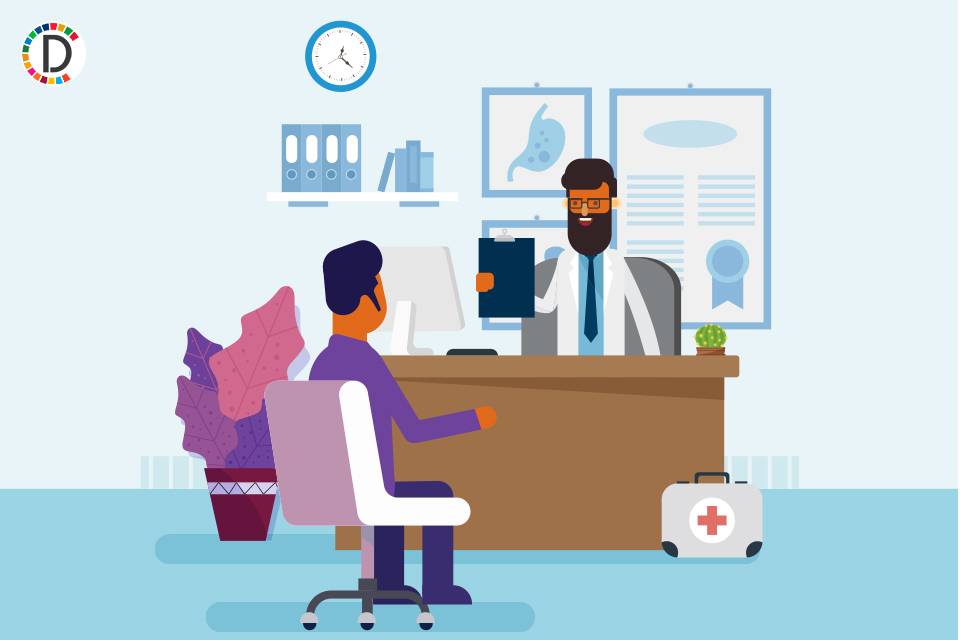Protecting the UK is vaccination priority, Hancock says
"Alongside that I'm working with my international colleagues to make sure that people can get access to the vaccine around the world, and in particular of course the Oxford vaccine." Hancock was speaking after health ministers from the Group of Seven (G7) rich countries met at the University of Oxford, where AstraZeneca's COVID-19 vaccine was invented, and which comes ahead of a leaders meeting next week.

Britain's Health Secretary Matt Hancock said on Friday vaccinating children in the United Kingdom against COVID-19 would take priority over donating vaccine doses to other countries around the world.
"My first duty as health secretary for the UK is to make sure that the UK is protected and safe, and whilst thankfully children are very rarely badly affected by COVID themselves, they can still pass on the disease," Hancock said after a meeting of G7 healthcare ministers in Oxford, central England. "Alongside that I'm working with my international colleagues to make sure that people can get access to the vaccine around the world, and in particular of course the Oxford vaccine."
Hancock was speaking after health ministers from the Group of Seven (G7) rich countries met at the University of Oxford, where AstraZeneca's COVID-19 vaccine was invented, and which comes ahead of a leaders meeting next week. One topic of contention is U.S. President Joe Biden's support for a vaccine patent waiver to boost vaccine production and allow more equitable distribution. Britain and some European countries have expressed reservations.
Hancock said Britain had already taken a huge step by making the Oxford AstraZeneca shot available at cost, citing how half a billion doses of the vaccine had already been delivered with the majority going to low and middle income countries. "The truth is you don't need an IP waiver in order to deliver vaccines, without any charge for the intellectual property rights, you can just get on and do it," Hancock said.
"It doesn't need us to change the intellectual property rules because they are important rules for future investment in future vaccines for instance, against variants and flu and all the other things we need to vaccinate against."
(This story has not been edited by Devdiscourse staff and is auto-generated from a syndicated feed.)
ALSO READ
Philippines president says trilateral summit with U.S., Japan to include South China Sea cooperation
Philippines president says trilateral summit with U.S., Japan to include South China Sea cooperation
Reuters Health News Summary
Philippines president says summit with U.S., Japan to include South China Sea cooperation
GLOBAL MARKETS-Shares gain, treasuries steady ahead of all-important U.S. inflation










